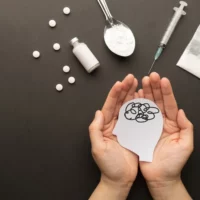When a high-ranking government official announces a sweeping health initiative, the public usually leans in with cautious optimism. But when that official is Robert F. Kennedy Jr.—a figure long steeped in controversy—and the plan involves building a national autism registry using private medical data, eyebrows naturally go up. Touted as a groundbreaking effort to uncover the roots of autism, this initiative is already drawing intense scrutiny. Not just for its scope, but for what it could mean for privacy, science, and the lives of millions.
What’s really going on behind this headline-grabbing move? And why are medical experts, disability advocates, and families of autistic individuals raising serious red flags? The full story reveals a tangled web of personal ideology, public policy, and a question that cuts deeper than data: who gets to shape the narrative around autism?
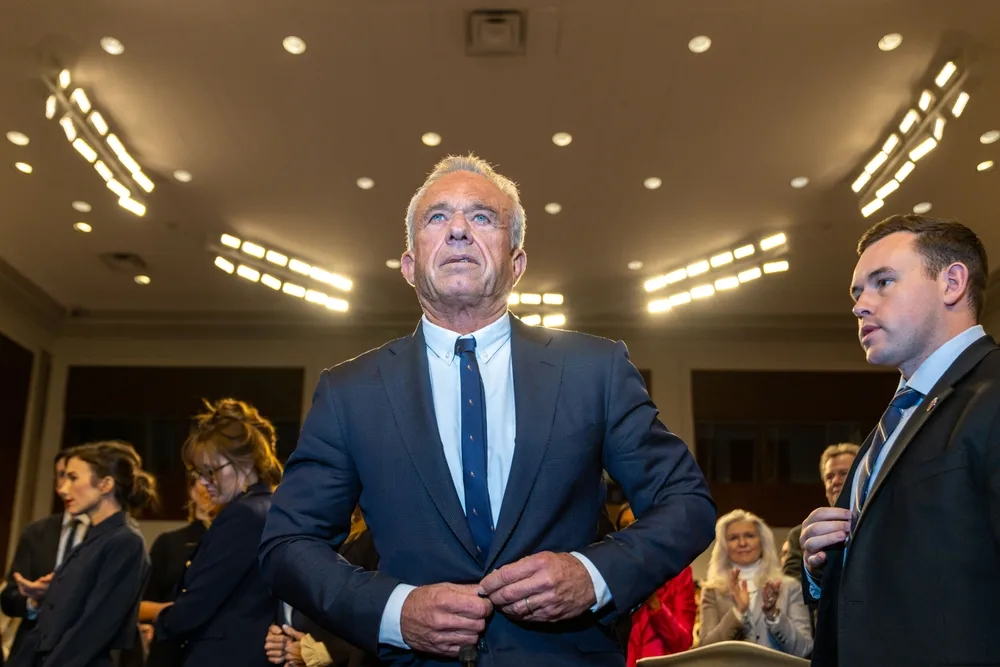
RFK Jr.’s Autism Registry: A Controversial Launchpad
When Robert F. Kennedy Jr. took the helm as Health and Human Services Secretary, few expected his first major initiative to come wrapped in this much controversy. On the surface, his newly announced national autism registry is framed as a scientific endeavor—a way to gather data that could unlock the mysteries behind rising autism diagnoses. But it’s not just what Kennedy plans to study—it’s how he plans to do it—that has alarm bells ringing.
The registry, announced in coordination with the National Institutes of Health, will collect medical information from an array of sources: prescription histories from pharmacy chains, lab test results, genomic data, insurance claims, and even biometric data from fitness trackers and smartwatches. In theory, this gives researchers an unprecedented look at large-scale health patterns. In practice, it opens the door to the mass aggregation of private health data—often without the explicit consent of the individuals involved.
Kennedy insists the project will usher in a new era of real-time health monitoring and data-driven solutions. But critics argue that when the person leading the charge has a long history of promoting debunked theories linking vaccines to autism, no amount of technological polish can cover the cracks in the foundation. With Kennedy vowing to uncover the “true cause” of autism by September, the registry begins to look less like a research tool and more like a political instrument wrapped in scientific clothing.
What’s Being Collected—and Who’s Watching?
At the heart of RFK Jr.’s autism registry is a staggering data grab that stretches far beyond standard medical records. According to the National Institutes of Health, the registry will aggregate personal health information from a mosaic of sources—federal health databases, commercial pharmacy chains, insurance claims, and even wearable tech like fitness trackers and smartwatches. The goal, they say, is to create a “comprehensive” portrait of autism-related health patterns across the U.S.
This initiative marks one of the most extensive efforts to centralize health data in U.S. history. Among the datasets being pulled are genomics from patients treated by the Department of Veterans Affairs and Indian Health Service, prescription logs from national pharmacies, private insurance records, and metrics tracked by consumer health devices. In theory, this could offer valuable insights. In practice, it raises a troubling question: Who controls this data—and how will it be used?
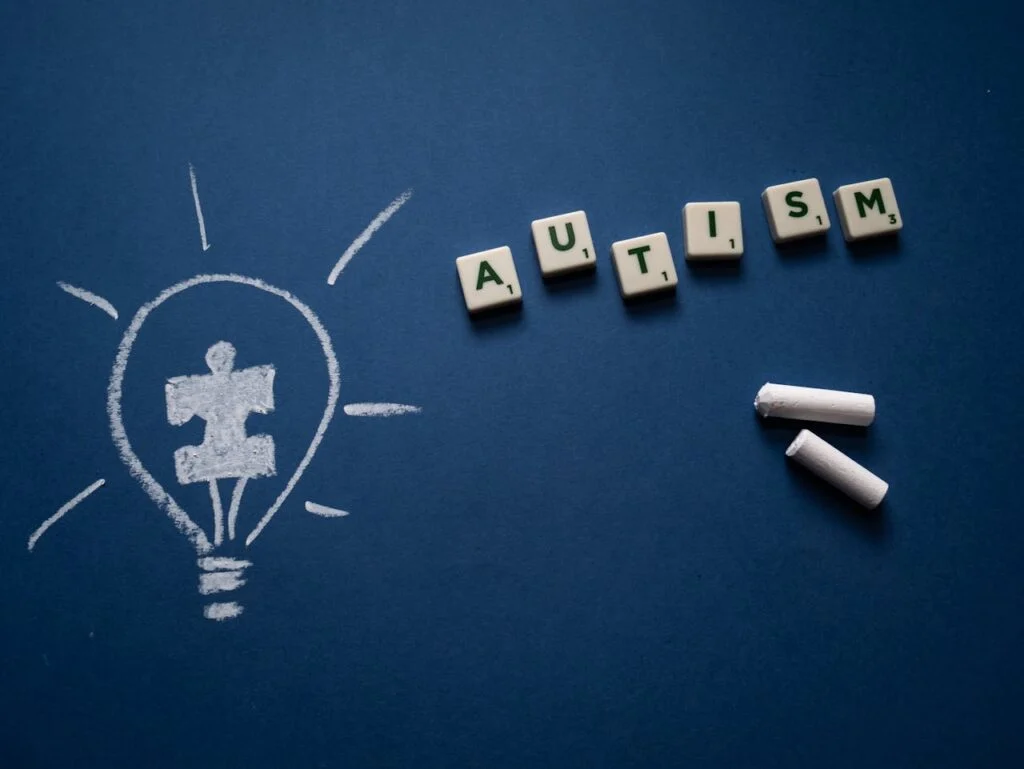
Critics warn that the registry’s surveillance-style approach could erode privacy protections and create a slippery slope of normalized data tracking. Despite promises of anonymity and secure platforms, concerns persist about secondary use, data breaches, and the ethical line between public health research and digital overreach. And with outside researchers—up to 20 groups—granted access and government grant funding to work with the data, transparency becomes even murkier.
Misinformation and Missteps: RFK Jr.’s Troubling Track Record
For years, Robert F. Kennedy Jr. has been a lightning rod in public health debates—not for his leadership, but for his legacy of promoting deeply flawed and widely debunked claims about vaccines and autism. Long before his appointment as Health and Human Services Secretary, Kennedy was a central figure in the anti-vaccine movement, repeatedly suggesting a link between childhood immunizations and the rise in autism—despite decades of rigorous research refuting that connection.
Now, with the power of a federal office behind him, Kennedy isn’t backing down. Instead, he’s doubling down.
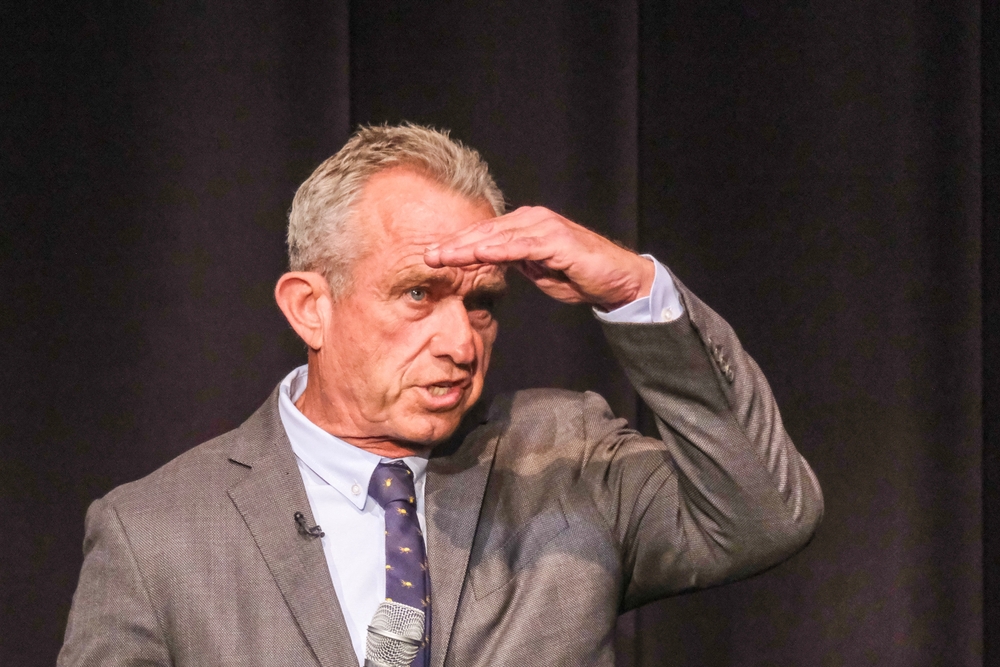
At a recent press conference, Kennedy described autism as a condition that “destroys families,” characterizing individuals with autism as people who “will never hold a job, never pay taxes, never go on a date.” These remarks weren’t just inflammatory—they were dehumanizing. Autism advocacy groups swiftly condemned the statements as offensive, outdated, and dangerous. The Autism Science Foundation called the comments “a complete misrepresentation of the autistic community,” emphasizing that many autistic individuals live full, independent, and meaningful lives.
But Kennedy’s rhetoric didn’t stop there. He went on to claim that autism is a “preventable” condition and likened its societal impact to being “worse than COVID,” a virus that has claimed more than 7 million lives globally. The comparison struck many as grotesque and reductive. Autism isn’t a death sentence—it’s a neurodevelopmental condition with a broad spectrum of presentations, challenges, and strengths.
Backlash from the Autism Community
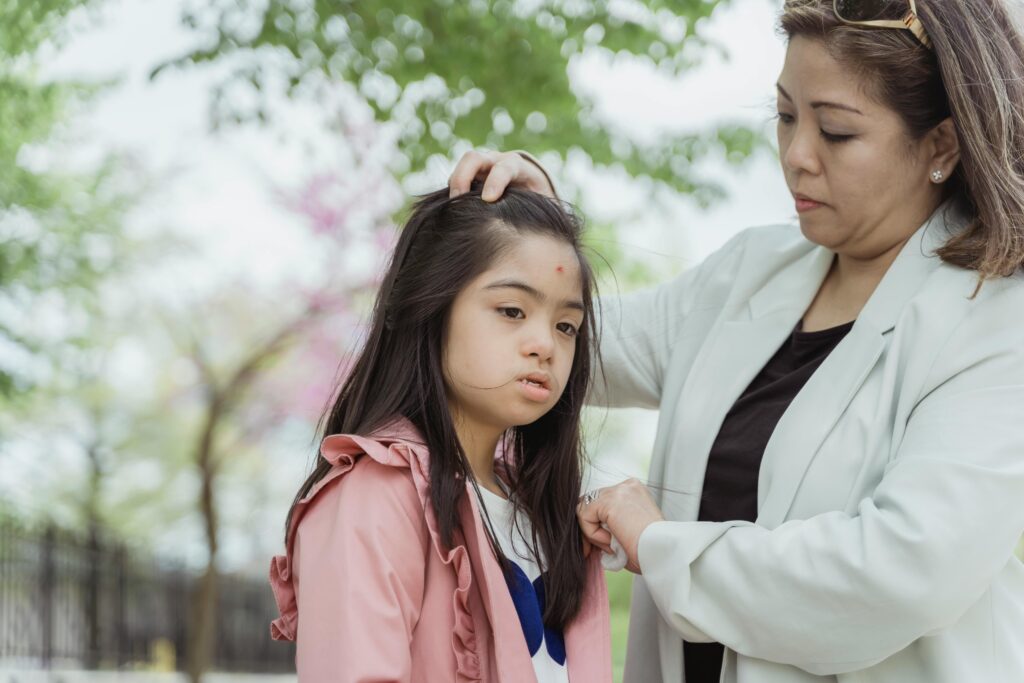
If Kennedy hoped to rally public support with his registry announcement, the reaction from the autism community suggests he seriously misread the room. What followed his press conference was not praise, but a groundswell of condemnation from autistic individuals, parents, scientists, and advocacy organizations who were quick to push back—loudly and publicly.
Alison Singer, president of the Autism Science Foundation, didn’t mince words when she said Kennedy’s remarks “made it sound like these were people whose lives were worthless.” For parents raising children on the spectrum, and for autistic adults who navigate the world with resilience and dignity, the sweeping generalizations felt like a slap in the face. Many took to social media to share their stories—of their children learning to write poems, landing jobs, going on dates, and yes, paying taxes—shattering Kennedy’s bleak caricature in real time.
Disability rights groups swiftly issued joint statements rejecting Kennedy’s framing of autism as a “preventable epidemic.” They argued that his language not only ignored the lived experiences of autistic people but also perpetuated stigma that families and individuals have fought for decades to dismantle. “Calling autism a disease to be ‘solved’ doesn’t empower anyone,” one advocate wrote. “It pathologizes difference and fuels discrimination.”
Even public figures like Rosie O’Donnell, whose son is on the spectrum, weighed in. “He should be ashamed,” she said during a televised interview. “To hear someone in his position speak that way about our children—it’s beyond hurtful. It’s ignorant.”
What the Science Actually Says
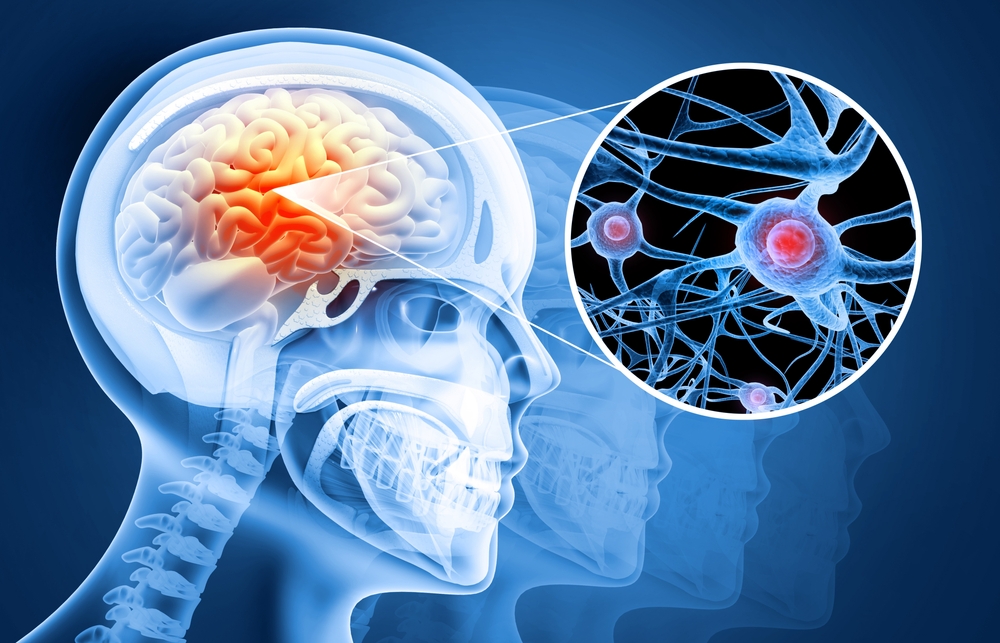
While Robert F. Kennedy Jr. paints a picture of autism as an epidemic driven by mysterious, external forces, the scientific community tells a far different—and far more nuanced—story. For decades, researchers have studied autism’s roots, and while much is still being explored, one thing is crystal clear: vaccines do not cause autism.
Multiple large-scale studies, including those conducted in the U.S., Denmark, and Japan, have consistently shown no causal relationship between childhood vaccines and autism diagnoses. The medical consensus from institutions like the CDC, WHO, and the American Academy of Pediatrics has remained firm: vaccines are safe, and the rise in autism diagnoses has more to do with improved awareness and evolving diagnostic tools than with any environmental conspiracy.
Dr. Alex Kolevzon, a child and adolescent psychiatrist at Mount Sinai, explained it simply: “We’re not seeing an epidemic with autism. We’re seeing better recognition of something that’s always existed.” What used to be misunderstood or overlooked is now being identified more accurately, especially among girls and people of color, who have historically been underdiagnosed.
Experts also emphasize that autism isn’t a single disorder but a spectrum—a broad range of neurodevelopmental differences that manifest in unique ways. Some people with autism may require significant support; others may live independently and thrive in careers, relationships, and creative pursuits. To reduce all of that complexity to a set of limitations, as Kennedy has done, is not only misleading—it’s scientifically incorrect.
Genetic research has made strides in identifying clusters of genes associated with autism, but the condition’s full etiology remains complex, involving a blend of genetics, brain development, and, in some cases, environmental factors. However, these environmental influences do not include vaccines—a point researchers have reiterated for years.
What the Autism Community Really Needs

If Robert F. Kennedy Jr. truly wants to support autistic individuals and their families, advocates say the path forward isn’t paved with surveillance or scapegoats—it’s built on services, support, and understanding.
Rather than pouring resources into a national data dragnet, disability rights organizations are calling for something far more tangible: investment in care, not control. That means fully funding early intervention programs, increasing access to inclusive education, and expanding job training and supported employment opportunities. For many families, it’s not about finding the “cause” of autism—it’s about ensuring a life of dignity and opportunity for their loved ones right now.
Experts also stress the importance of individualized care plans, recognizing that no two autistic people are the same. One child might thrive with a speech therapist and sensory integration strategies, while another benefits most from assistive technology and a strong peer support network. The goal isn’t to “fix” autism—it’s to build systems that adapt to the diverse needs of those on the spectrum.
Mental health services for both autistic individuals and their families are another underfunded but critical area. Many parents report long waitlists for specialists or struggle to find providers trained to work with neurodivergent clients. Rather than sensationalizing autism as a national crisis, advocates argue, we should be building a healthcare system that empowers and uplifts.
Even the language used matters. Moving away from deficit-based terms and toward affirming, person-centered language can transform public perception. It sends a message that autistic people are not broken—they’re part of the natural spectrum of human diversity.
A Call for Compassion and Clarity
Robert F. Kennedy Jr.’s push for a national autism registry has sparked a necessary—and overdue—conversation about how we treat neurodivergent individuals in our society. It’s a story that blends politics, science, and personal belief in ways that are both deeply emotional and deeply consequential. But amid the noise, one truth stands tall: autistic people are not statistics to be monitored or problems to be solved. They are individuals, each with a unique story, a distinct voice, and a right to dignity.
If this moment has taught us anything, it’s that leadership in public health must be rooted in respect, not rhetoric. Data must serve people, not define them. And above all, the future of autism research—and the policies that support it—should be shaped not by fear or ideology, but by listening to the very people it claims to represent.
The autism community deserves more than misinformed crusades and sweeping generalizations. It deserves investment, empathy, and inclusion. And that starts with rejecting the false narratives and turning our attention toward solutions that actually help.


